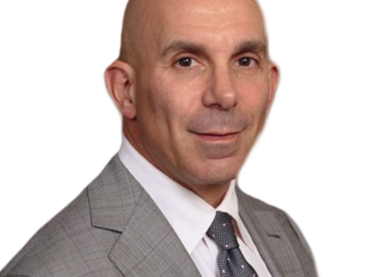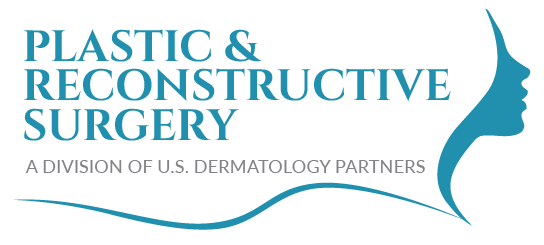Tummy Tuck / Abdominoplasty
Many people want to create a smoother, flatter stomach, but even with diet and exercise, they struggle to see the desired results. Whether you’ve struggled to flatten and tone your abdomen for years or are looking for a way to reverse age-related skin and muscle laxity, a tummy tuck, also called an abdominoplasty, may be the best option. Keep reading below to learn more then reach out to schedule a consultation visit with the trusted team of cosmetic surgery specialists at Plastic & Reconstructive Surgery – a division of U.S. Dermatology Partners. During a plastic surgery consultation visit, a cosmetic surgeon can answer any questions you have about tummy tuck surgery and help you explore all of your treatment options, so you feel completely confident before moving forward with abdominoplasty.
What Is Tummy Tuck Surgery?
Tummy tuck surgery is a procedure used to remove excess skin and fat that has accumulated around the abdomen. Abdominoplasty can also repair muscles that have weakened or separated. While tummy tuck surgery can create a smoother, flatter abdominal profile, it shouldn’t be considered a substitute for exercise, diet, and healthy weight loss plans. In fact, tummy tuck surgery isn’t usually recommended for anyone who may experience significant fluctuations in weight, including those who are working to lose weight and women who are planning on becoming pregnant. Weight fluctuation will dramatically impact the results of a tummy tuck, so it’s always recommended that people be at or near their goal weight before beginning treatment.
Benefits of Abdominoplasty
There are numerous benefits to pursuing abdominoplasty, including:
- Creating a smoother, firmer belly
- Alleviating pain
- Improving muscle control and bladder function
- Avoiding skin health issues related to excess skin
- Restoring weakened muscles
Recovery After Tummy Tuck
Following a tummy tuck, your plastic surgeon will place dressings to protect the incisions and compress the area to reduce the amount of swelling and place pressure that keeps the area supported during healing. Your surgeon will provide instructions for aftercare that should be followed closely to ensure you heal quickly and completely. The surgeon will also discuss any oral or topical medications you should use to promote healing, reduce the risk of infection, and alleviate pain. They’ll also walk through how to clean the area, including when it’s safe to shower. Your surgeon will schedule periodic follow-up visits to ensure you are healing fully and provide additional treatments that may be necessary.
Risks Associated with Abdominoplasty
Every surgery has risks associated, and abdominoplasty is no different. Before you begin surgical treatment, it’s essential that you understand potential risks, so you can work with your plastic surgeon to reduce the chances that issues will occur.
Every person responds differently to surgery, but some of the common risks associated with tummy tuck include:
- Adverse reaction to anesthesia (local or general)
- Imperfect results that cause a need for revision
- Discomfort
- Swelling
- Bleeding
- Blood clots
- Cardiopulmonary complications
- Seroma (accumulation of fluid beneath the skin)
- Infection or poor wound healing
- Loss of sensation that may be temporary or permanent
- Scarring or skin discoloration
FIND A PHYSICIAN NEAR YOU
PHYSICIANS THAT OFFER TUMMY TUCK PROCEDURE

Chris Surek, DO

Daniel Bortnick, MD


